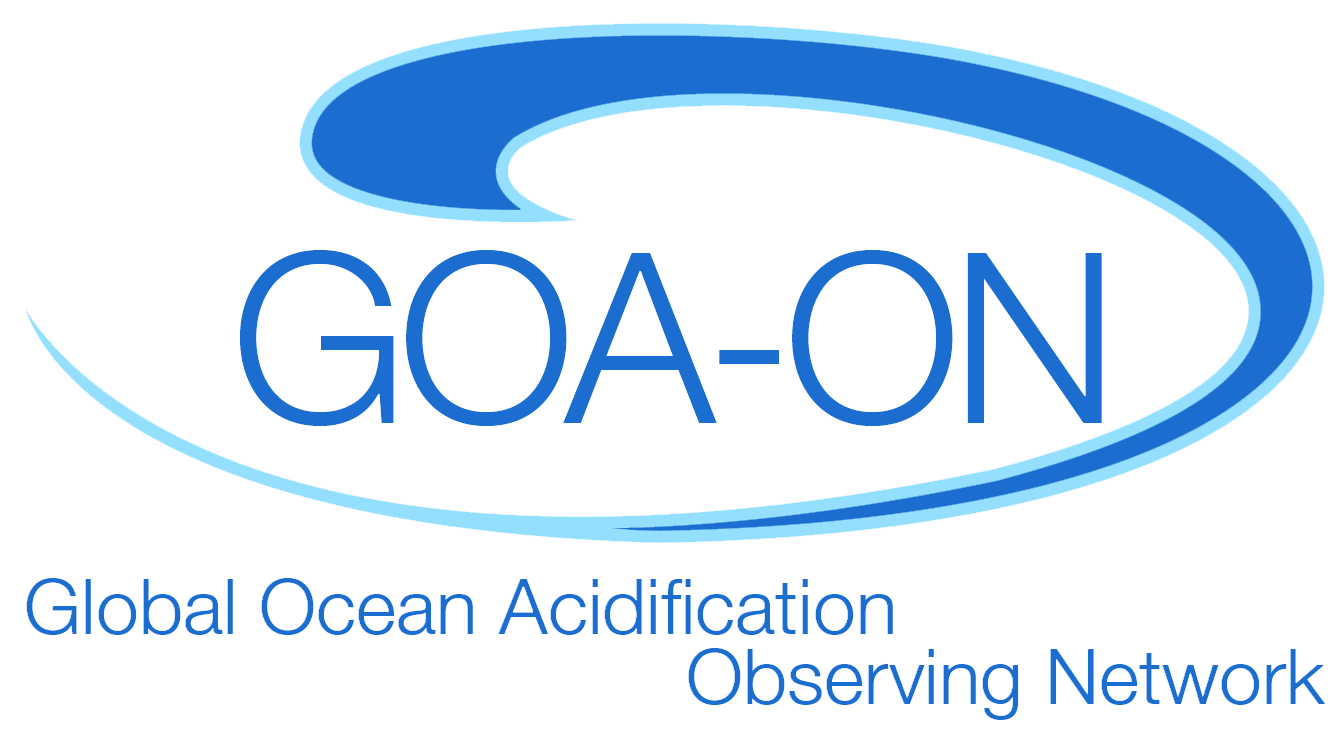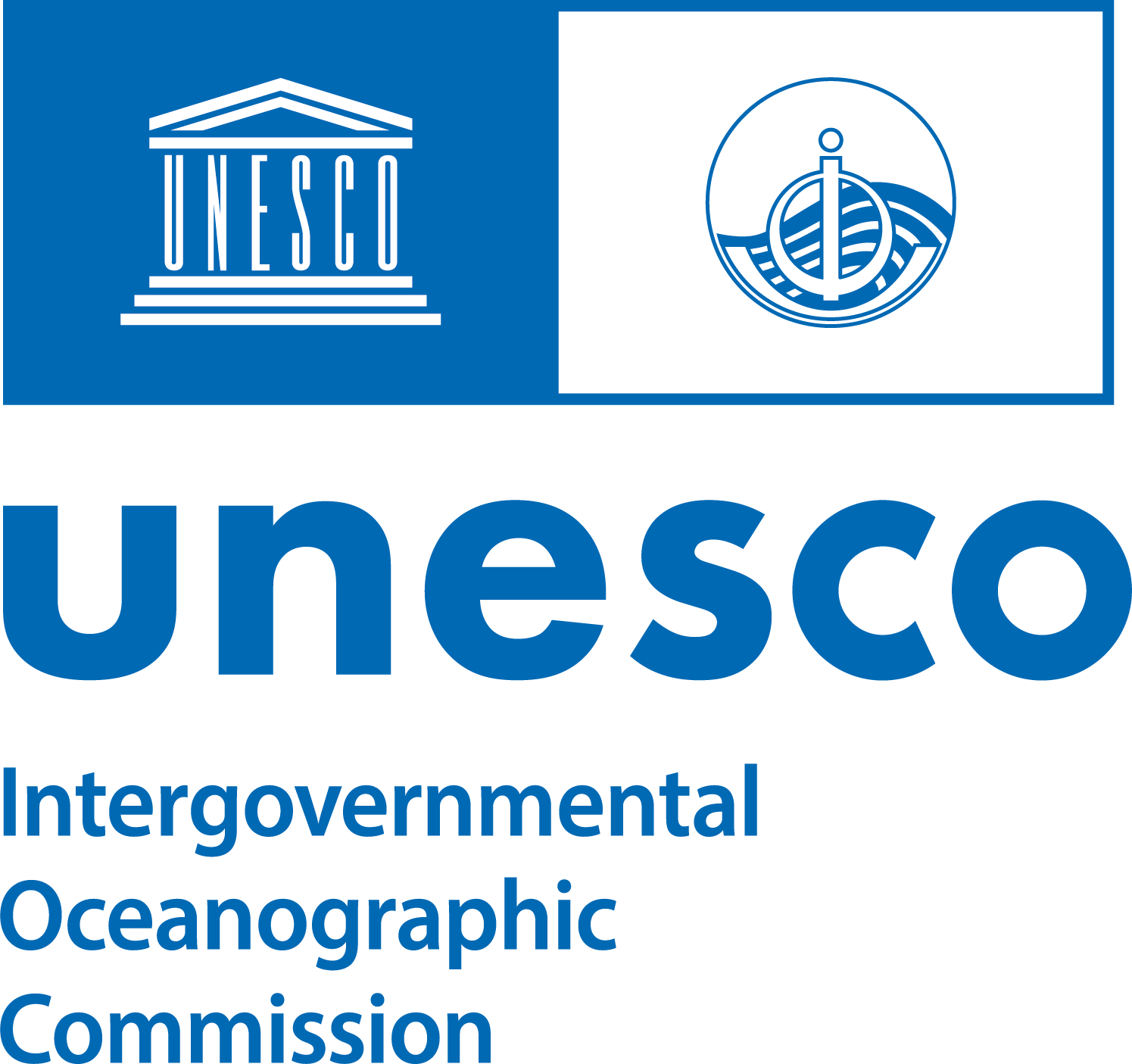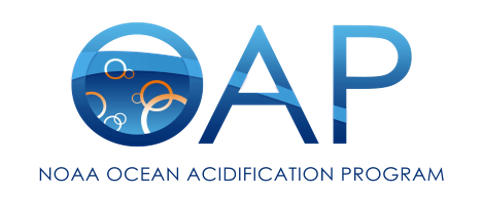Seven White Papers Published as a Roadmap for the Global Community to Tackle Ocean Acidification

OARS aims to provide society with the observational and scientific evidence needed to sustainably identify, monitor, mitigate, and adapt to ocean acidification on both local and global scales. In April, the seven working groups of the Ocean Acidification Research for Sustainability (OARS) programme announced the publication of their white papers as an IOC UNESCO Technical Report ‘Ocean Acidification Research for Sustainability A Community Vision for the Ocean Decade’. The white papers present a comprehensive roadmap for fostering a global community dedicated to ocean acidification (OA) action to achieve the OARS Outcomes: Quality Data, Science to Action, Observational Strategies, Biological Impacts, Future Predictions, Public Awareness, and Policy Engagement. The report’s chapters detail the necessary outputs, activities, and enablers required to attain these Outcomes and explain how everyone can contribute to addressing the ocean acidification crisis.
Twenty years on from the initial recognition of ocean acidification as a global environmental threat, fundamental research and observations continue, but much remains to be done in terms of broadening the scope and depth of our knowledge. Due to inequities in access to resources, capacities, and capabilities, large parts of the world’s oceans and seas remain unstudied and unmonitored with respect to ocean acidification. Widely applied, practical solutions for mitigating and adapting to the impacts are still lacking, and we need the public and decision-makers to understand and make informed decisions to minimise ocean acidification.
The OARS programme provides a blueprint for actions to achieve the Sustainable Development Goal (SDG) target 14.3: “Minimize and address the impacts of ocean acidification, including through enhanced scientific cooperation at all levels.” To this end, seven working groups, each led by two co-champions who are experts in their field, are now working to facilitate the implementation of the outputs and activities recommended in the white papers.
If, after reading this technical report, you are inspired to undertake some of the activities and actions described, there are three practical ways to link your efforts to the overarching OARS programme and join us in tackling ocean acidification:
- Volunteer to join one of the seven OARS Outcome working groups. To apply, potential candidates are requested to send a short CV (2 pages maximum) and a 1-page letter of interest describing which working group you would like to join, your motivation for self-nominating, and the skills you would bring, to Amy Kenworthy, OARS Programme Officer, at ake@pml.ac.uk.
- Submit your current or proposed activities and actions for official endorsement by the UN Ocean Decade action process and link your action to the OARS programme.
- Submit a voluntary commitment to undertake OARS-relevant work via the OARS Commitment process. By doing so, we will be able to provide visibility for your efforts and celebrate your contributions with the rest of the ocean acidification community. We also expect that greater visibility of your commitments may inspire others to act and join the global effort to minimise and address the impacts of ocean acidification.
- Join us at our events – follow us on X @OARSOceanDecade to hear about upcoming events, or sign up to the GOA-ON newsletter. Members of the OARS community regularly participate in, and organise, events at which we dive deeper into best practices and the latest research which will help the global community achieve the OARS Outcomes. Past events include side events at the UN Ocean Decade conference, such as the ‘Ocean Carbon – The knowns and unknowns’ event which was focused around Integrated Ocean Carbon Research, and the ‘Moving from Science to Action on Ocean Acidification: Why Does It Matter? How Is It Being Achieved?’ event. We also participate in GOA-ON’s OA Week and other international events and conferences.
PARTNERS
The lead organisation of OARS is the Global Ocean Acidification Observing Network.

OARS is Co-lead by the Intergovernmental Oceanographic Commission of UNESCO; the University of Washington; and Plymouth Marine Laboratory.



With support from:



USEFUL LINKS
- Read the ‘Ocean Acidification Research for Sustainability A Community Vision for the Ocean Decade’ Technical Report :
https://unesdoc.unesco.org/ark:/48223/pf0000389293
- OARS Commitments website: https://oars-commitments.org/
- Access additional resources and information: http://www.goa-on.org/oars/overview.php
- Twitter: @OARSOceanDecade
Other Images



Follow us